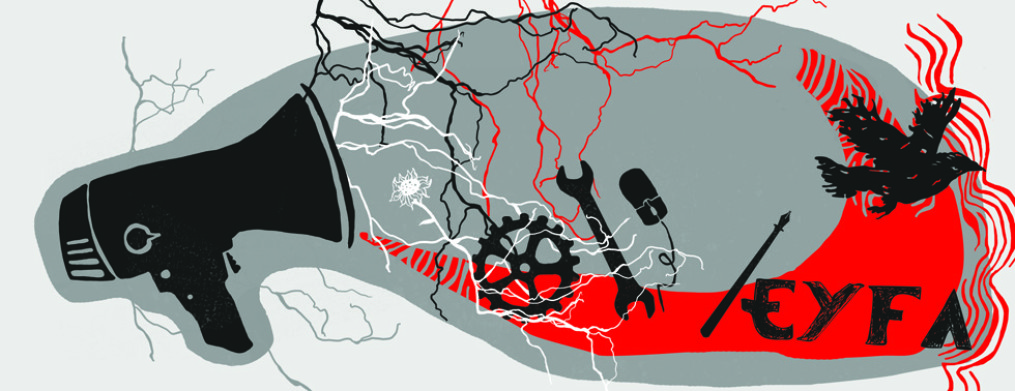1986, Sweden. A small group of young activists gathers in a kitchen and makes plans to fight the destruction of Sweden’s last virginal forests. The sorry state of forests and their fast destruction due to acid rains is an issue all over Europe. The group decides not only to take local action but to embark on a bus journey that will take them far beyond the EU’s boundaries.
Travelling from Sweden to Hungary, at each stop they make links with groups of young activists, working together to raise awareness locally about what is happening on the European level. “European Youth Forest Action” (EYFA) is born. The tour starts to create a network and it is decided to continue organising similar projects under this name.
Over the next few years, the EYFA network evolves as a small organisation, with an office space in the Netherlands handling project coordination and administrative tasks for the network. EYFA continues activity in both Eastern and Western Europe, but of course the “burning” issues are not the same everywhere, and the network quickly broadens its scope to include social justice issues such as anti-racism and feminism.
Meanwhile, based on the understanding that the environmental crisis is part of a larger, systemic crisis, EYFA decides to change the meaning of the ‘F’ in its name. EYFA becomes “European Youth FOR Action.”
1988-2008. Ecorates, Ecotopia, Biketour, ASEED, Rising Tide, Green Pepper, Carbusters… Just a few projects which got their start within EYFA during this period, but later become independent projects and organisations of their own.
2011, Amsterdam. For 25 years EYFA has been working on a shoestring budget with little core funding, but always with much enthusiasm and commitment. However, over the past couple of years EYFA has found itself in a financial crisis, resulting to necessary spending cuts and a econceptualisation of the network’s future.
Amsterdam, EYFA’s home for over 15 years, had been hit with aggressive gentrification drives by the authorities: excessive rent prices are combined with a reduction in available social housing, while cuts are made in spending on cultural and public spaces. Meanwhile, new anti-squatting legislation made living in Amsterdam on a low salary or as a volunteer, almost impossible. After long deliberations, a collective decision is made by the Board and office team to move the international office to Berlin.
Berlin is chosen because it (still) has some affordable housing; because it is home to interesting political movements and network members that EYFA wants to engage with; and because it is geographically nearer to Central and Eastern European activist groups that are at the core of EYFA’s network and focus.
2014, Berlin. The transition to Berlin is complete. The torch is handed to a fresh, new office team and new Board members are in place. New foundations are being laid and new strategies developed. Not to mention the planning of a 30th anniversary party…
